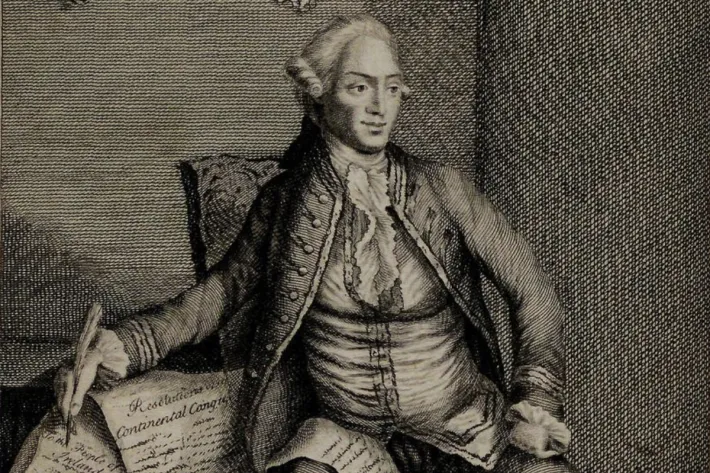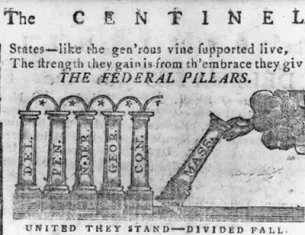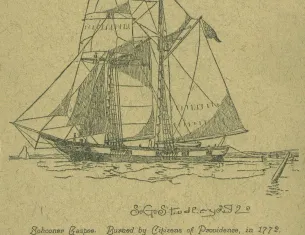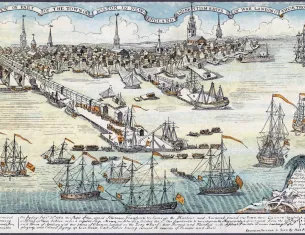Samuel Adams

Samuel Adams, from "An Impartial History of the War in America," 1780 (The Gilder Lehrman Institute of American History)
Samuel Adams (1722–1803), born in Boston and educated at Harvard, became a major figure in the resistance against British policies such as the Stamp Act, and Townshend Duties in the 1760s when he founded the Sons of Liberty with John Hancock. In 1772, Adams (a cousin to John Adams) established the first Committee of Correspondence in Boston to coordinate resistance to the British. Other such committees soon formed across the colonies, creating a network to share information among revolutionaries. Adams was also a coordinator of the Boston Tea Party and served in the Continental Congress, where he signed the Declaration of Independence. With John Hancock and others, he became a target of British forces.
When the US Constitution was first introduced, Adams was an anti-federalist and argued against the Constitution. He supported ratification once the Federalists promised to put through a bill of rights after the new government was up and running. After the war, Adams served as a Massachusetts state senator and governor.


